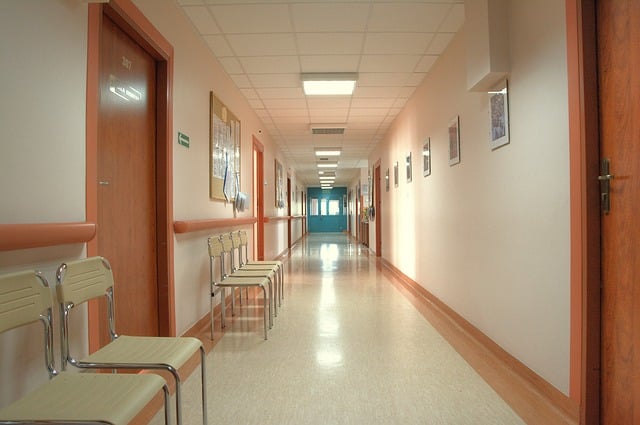Learning a Language Could Save Your Life
It may be obvious but a few words of the native language is always handy before travelling to another country. Gone are the days, or at least they should be, of hoping someone will speak English and if not, a bit of speaking loudly, slowly and clearly will get the message across. There aren’t any excuses anymore; language training is available online, you can download a translator app to your phone and modern languages are taught in every school. When abroad asking for a sweet treat to go with the morning coffee has to be preferable to pointing and probably getting the day-old doughnut instead. There can be serious consequences too of not speaking and understanding the local
language.

Photo via Pixabay
An afternoon at the hospital
Recently I was at a hospital appointment. As an outpatient I was waiting in a not-so- long queue, but as always, it still took time. There were other clinics in progress and a lot of people were on the move, in an out of rooms. Patients were sitting in chairs either side of the narrow corridor, others were leaning against the wall and the usual gathering of family members out for the day added to the numbers. Across from me a heavy man was slouched in a chair, his wife sitting next to him holding a bottle of water from which he was drinking, in-between moans.
Point and shout
I reckoned he wasn’t well. He was coughing, groaning and slouching more and more. After a few minutes he got up and walked to the nurse on duty. She couldn’t understand him; he didn’t speak English and she didn’t speak his language, which I guessed from tone was eastern European. She sent him back out telling him, in not uncertain terms, to wait his turn, following him to the door and pointing to where his wife was sitting. The old point and shout routine. He sat down again, looking unhappy and confused. As time went on he got worse, but he managed to get himself up again and back into the nurse’s room. She told him he had to wait, doing the time-honoured raising of the voice but he kept talking. The man protested but went quiet in mid-sentence, before collapsing; he wasn’t a small man and made a lot of noise as he fell.

Cambodian translator helps translate after cataract surgery via Wikimedia
Is there a translator in the house?
It was only then that the nurse called for a translator, who came almost immediately, along with a resus. team. Though on the floor the man was talking and from what I could hear the poor man had said he had a heart problem at the hospital reception, they sent him to cardiology, instead of the emergency room. As he hadn’t any English and they didn’t have his language, confusion reigned. The patient didn’t know any different and followed instructions, which could only have been pointing. Unable to tell anyone what was wrong he sat and waited and waited.
Failures all round
There are a few failures here. The failure of the hospital authority to train people in the basics of foreign languages. In Ireland we now have people from all over the world working and contributing to our society. Staff dealing with the public need to learn the basics of the main languages spoken and know when to call a translator. The failure too of the emigrant to pick up the basics of the native tongue is obvious. When travelling abroad we should all get a basic grounding in the language of the country we are visiting; you never know when you might need it. Learning a few simple phrases such as ‘where is…? and ‘I need a …’ could make life and lot easier and maybe even save one too.
The man’s collapse was due to a heart attack, as the nurse told me when getting my blood pressure checked, which didn’t help my readings. I saw him around town a couple of weeks later so luckily all ended well. Let’s hope he gets into a language class, as do the staff at the hospital. A little could go a long way here.
